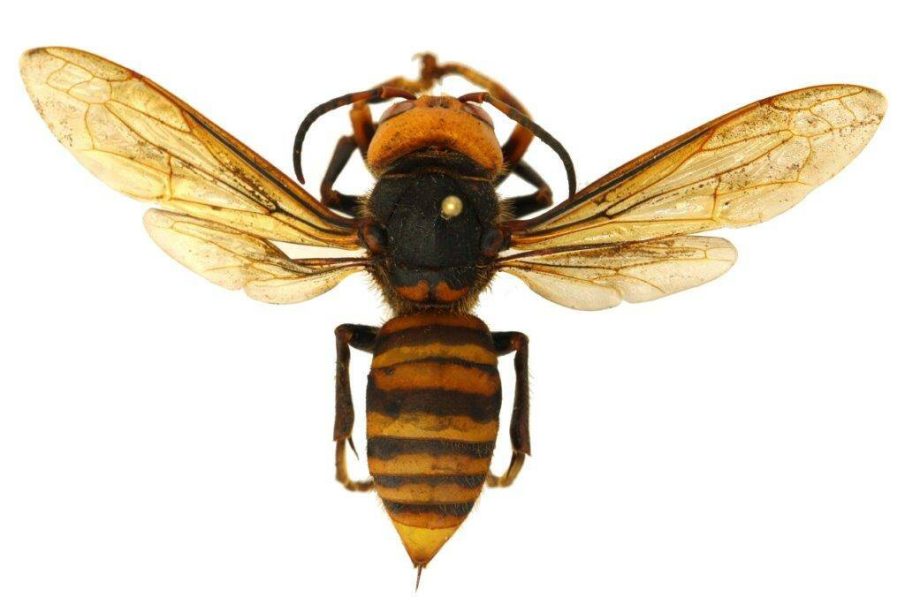Understanding the Threat of Asian Hornets in the UK

Introduction
Asian hornets, an invasive species originally from Asia, have become a growing concern in the United Kingdom due to their potential to disrupt local ecosystems, harm native pollinators, and pose threats to public health. The presence of these hornets in the UK has spurred significant attention from environmental organizations and government agencies alike, as understanding their biology and behaviour is crucial for managing and mitigating their impact.
Overview of Asian Hornets
The Asian hornet (Vespa velutina) was first identified in France in 2004 and has since spread across Europe, including the UK, where it was first spotted in 2016. Measuring around 2.5 cm in length, these hornets are distinguishable by their dark brown or black bodies and striking yellow and orange markings. Unlike native hornets, which primarily feed on nectar, Asian hornets are predators of other insects, including honeybees, thereby posing a direct threat to beekeeping and pollination services critical for agriculture.
Current Events and Developments
The UK government has launched several initiatives aimed at controlling the Asian hornet population. In 2023, The Animal and Plant Health Agency (APHA) initiated a monitoring project that involves training local communities to identify and report sightings of this hornet. As part of this campaign, the public has been encouraged to use a dedicated app to submit photos and locations of potential sightings, thereby aiding in the rapid response to nests.
Recent reports indicate that the locations of Asian hornet nests are being targeted for extermination before they can expand. Increased funding for beekeeping associations has also been allocated to safeguard native bee populations. For instance, funding programmes have been established to educate beekeepers on preventative measures and management techniques to protect their hives.
Conclusion
The emergence of Asian hornets in the UK highlights the complexities associated with invasive species management. The implications for biodiversity and agriculture are significant, considering that effective eradication and control strategies are essential for protecting local ecosystems. As the presence of these hornets continues to be monitored, stakeholders are encouraged to remain vigilant. Public engagement through reporting sightings and understanding the risks associated with Asian hornets will be vital in mitigating their impact in the UK.








